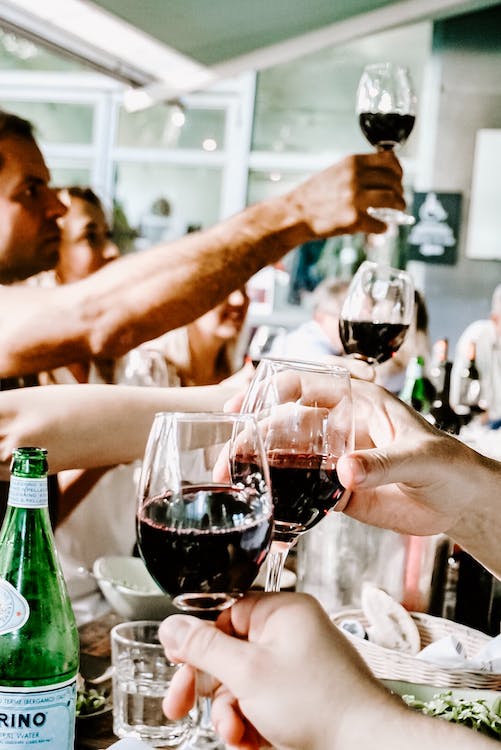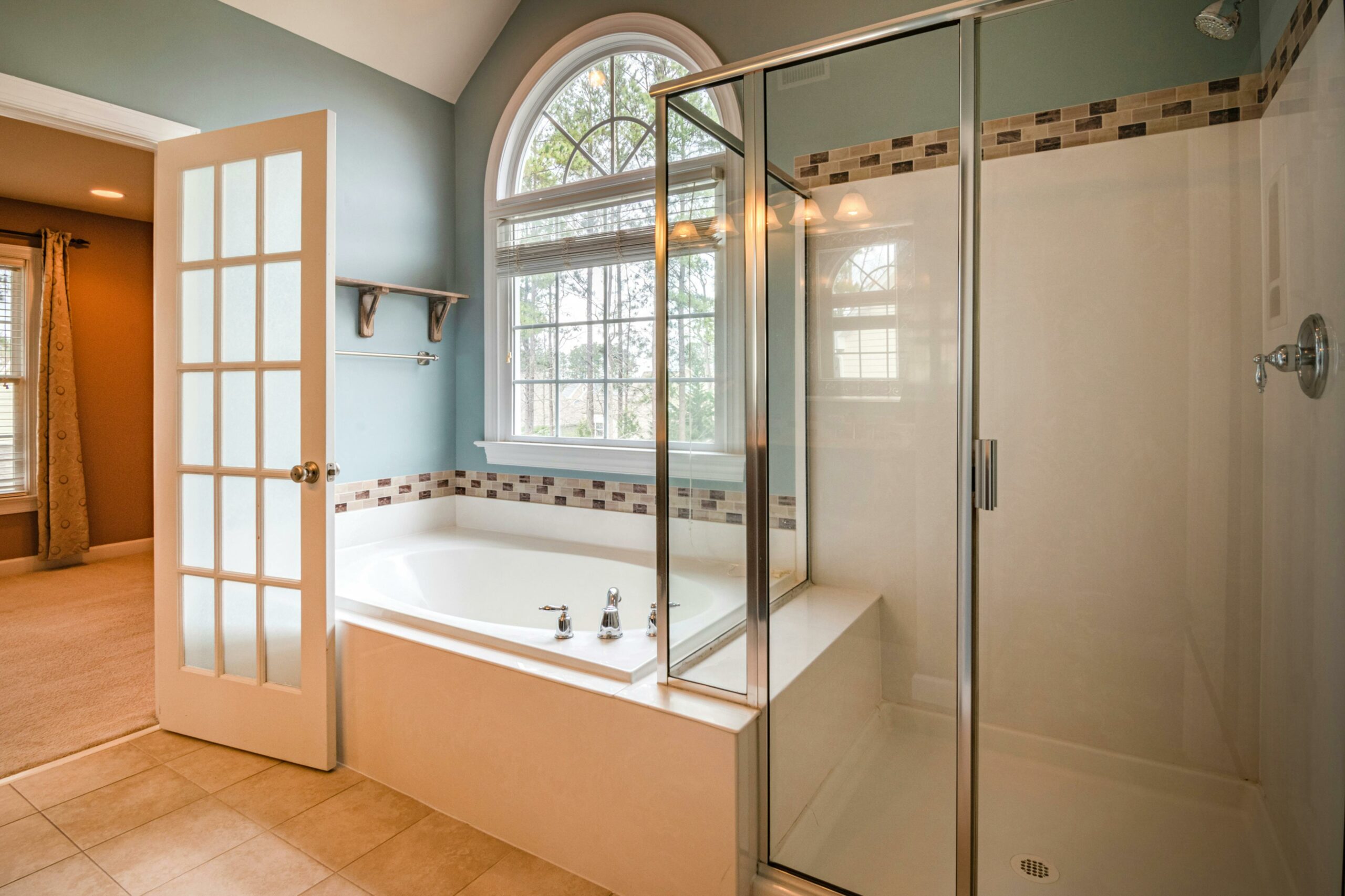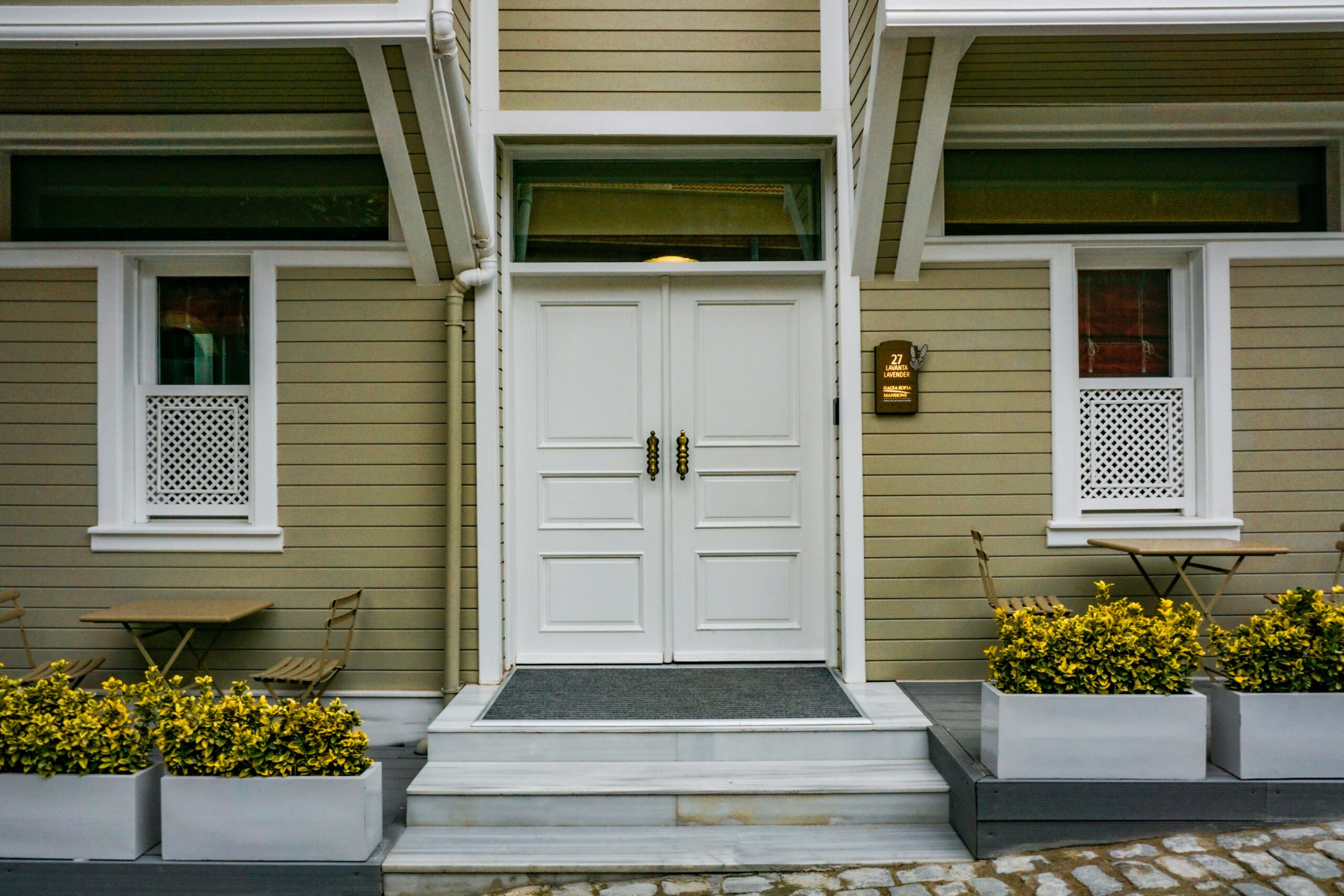Drinking alcohol can have a wide range of effects on your life, both positive and negative. Heavy drinking can increase the risk of health problems such as liver disease, high blood pressure, and cancer. It can also lead to weight gain, decreased fertility, and a weakened immune system.
Alcohol has always been seen with mental health issues, such as increasing the risk of depression, anxiety, and other mental health disorders. It can also worsen the symptoms of mental health conditions that you already have.
With alcohol affecting your mental health, it significantly affects your relationships, both personal and professional. It can cause conflicts, misunderstandings, and even violence. In the worst case, it can lead to neglect of loved ones or creating distance from them.
With all the negative effects on life, it is better that you stop drinking alcohol.
Easier said than done.
This is why we are here today. In this article, we have discussed proven ways that will help you limit your drinking and quit it over time.

Know Your Triggers
Knowing your triggers can help reduce drinking alcohol by allowing you to identify situations or emotions that may lead you to drink and then take steps to avoid or manage those triggers.
For example, if you know that socializing with certain friends or feeling stressed at work triggers you to drink, you can make plans to avoid those situations or develop coping mechanisms to manage the stress.
By being aware of and addressing your triggers, you can make it easier to control your drinking and reduce the risk of alcohol-related problems.
Plan Your Action Around The Triggers
Creating a plan of action around your triggers can help reduce drinking alcohol by providing a specific strategy for managing the situations or emotions that may lead you to drink. This plan can include steps such as:
- Avoiding certain situations or people that are triggers for you.
- Identifying alternative activities or coping mechanisms to use when you encounter a trigger.
- Setting a limit on how much you will drink or how often you will drink in certain situations.
- Finding a supportive person or group to talk to when you feel the urge to drink.
Keeping a journal to track your triggers and your progress in managing them.
It is important to tailor the plan to your specific triggers and be flexible and ready to adapt it if it is not working as planned. This plan can be a powerful tool to help you control your drinking and reduce the risk of alcohol-related problems.
It can also be helpful to seek professional help, such as a therapist or counselor, who can help you develop a plan and offer support and guidance as you reduce your drinking.
Understand The Detox Process
Understanding the detox process can help reduce drinking alcohol by providing you with knowledge about the physical and psychological effects of alcohol withdrawal, which can motivate you to stop drinking or to cut back on the amount you drink. The detox process allows the body to rid itself of alcohol, which can take several days to a week, depending on the individual and the severity of the addiction.
During the detox process, the body may experience tremors, sweating, anxiety, insomnia, and even seizures or hallucinations in severe cases. Understanding that these symptoms are temporary and will subside as the body adjusts to being alcohol-free can be a powerful motivator to stop drinking or reduce the amount you drink.
Additionally, understanding the detox process can help you prepare for it and make it as comfortable as possible. This can include getting support from friends and family, speaking with a doctor or rehab professional to get medications to ease the withdrawal symptoms, and making sure you have a safe and comfortable environment to detox.
Find New Activity To Replace Alcohol
Finding new activities to replace alcohol can help reduce drinking alcohol by providing you with positive and healthy alternatives to turn to when you feel the urge to drink.
When you have activities that you enjoy and that provide a sense of purpose, it can be easier to resist the temptation to drink, especially when they become a regular part of your routine.
Some examples of activities that can replace alcohol include:
- Exercise or sports: Physical activity can provide a natural endorphin boost and can be a great way to relieve stress.
- Hobbies: Taking up a new hobby can provide a sense of accomplishment and give you something to look forward to.
- Socializing: Spending time with friends and family, or joining a club or group, can provide a sense of belonging and help you feel less alone.
- Volunteer work: Giving back to the community can provide a sense of purpose and self-worth.
It is important to find activities that you genuinely enjoy and that align with your interests, values, and goals. Experimenting with different activities can help you find what works best for you.
Finding a new activity to replace alcohol can be a powerful way to break the cycle of drinking and improve your overall well-being.
However, even after participating in different activities, if you can’t just avoid alcohol, you can fool your brain by drinking non-alcoholic wine. Where to find them…click here to buy non-alcoholic wine online.
Start Saying NO To Drinks
Starting to say “no” to drinks can help reduce alcohol consumption by giving you more control over your drinking and setting limits for yourself.
Saying “no” to drinks can be difficult, especially in social situations where drinking is expected.
However, it’s important to remember that you are in control of your choices, and it’s okay to decline a drink if you don’t want one.
Here are some strategies that can help you say “no” to drinks:
- Have a plan: Decide in advance how much you want to drink or how many drinks you want to have, and stick to it.
- Be assertive: It’s okay to be straightforward and say “no, thank you” or “I’m good for now.”
- Use an excuse: If you’re not comfortable saying “no,” you can use an excuse such as “I’m driving” or “I have to work early tomorrow.”
- Offer an alternative: Instead of alcohol, you can offer to have a soda, juice, or water.
- Seek support: Surround yourself with people who support your decision to reduce your drinking and who will understand if you say “no” to a drink.
Saying “no” to drinks can be difficult, but it’s an important step towards controlling your drinking and reducing your alcohol consumption. Remember, it’s your choice, and it’s okay to make a different choice than what is expected from others.
And Yes…Don’t Give Up!
Quitting alcohol is a lifelong process. Once you start the recovery process, it never ends till you die. Even after you have become sober, you need to be cautious about alcohol. We have seen people returning to their addictive selves after a complete recovery.
Out of all, the most important tip to recover is to keep going. And the truth is, one of them is bound to work. Yes, the process might take time, but remember that you are working towards living a sober life.






